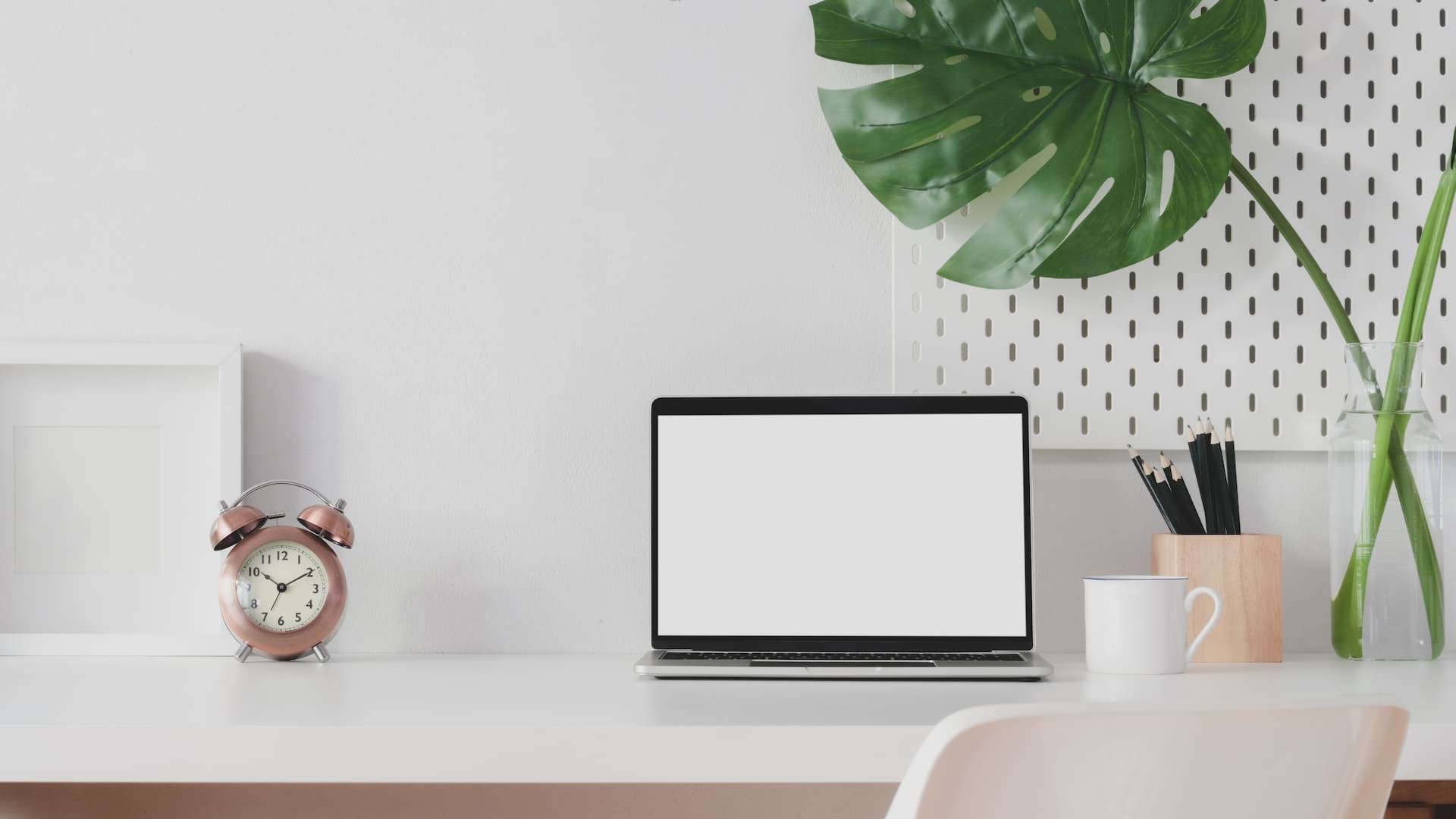Comprehending Minimalism: Methods for Minimizing Clutter and Enhancing Clearness in Everyday Living
Minimalism is significantly identified as a sensible technique to improving clearness and focus in today's cluttered globe. By methodically reviewing our possessions and focusing on intentionality, we can create areas that not only mirror our values but likewise advertise psychological wellness. Employing methods such as the "Four-Box" method can help with an extra orderly setting, yet truth difficulty depends on growing a minimalist frame of mind that sustains these initiatives. Exploring the subtleties of this ideology might reveal shocking insights right into exactly how you can transform your day-to-day life. When you welcome this deliberate simpleness?, what might you uncover.
Defining Minimalism and Its Advantages
Defining minimalism includes understanding it as a lifestyle choice that stresses simpleness and intentionality in both everyday routines and physical belongings. At its core, minimalism urges people to prioritize what genuinely matters, permitting for a more purposeful and focused existence. By removing the non-essential, minimalism invites individuals to involve deeply with their surroundings and experiences.
The benefits of adopting a minimal method are multifaceted. Firstly, it cultivates mental quality, as reducing mess in one's setting can bring about decreased interruptions and stress. When bordered by less possessions, individuals typically report improved concentration and boosted efficiency. Secondly, minimalism advertises economic flexibility; by focusing on demands over desires, people can make more informed acquiring decisions, causing possible financial savings and minimized financial obligation. A minimalist lifestyle can generate psychological advantages, as it encourages individuals to cultivate appreciation for what they have rather than yearning for more.
Inevitably, minimalism is not simply about material decrease yet includes an alternative change in viewpoint, cultivating a life defined by function, balance, and fulfillment. Welcoming this way of living can result in extensive adjustments in exactly how people perceive and interact with the world around them.
Assessing Your Existing Clutter
Clutter often materializes as a frustrating build-up of products that no longer serve an objective, producing an obstacle to accomplishing a minimal lifestyle. Take note of particular groups of items, such as clothes, books, or cookware, as this will certainly assist you recognize the extent of the clutter.

Additionally, take into consideration the frequency of usage for each item. Eventually, comprehending your present clutter is a critical step towards embracing minimalism and improving quality in your everyday living.

Practical Decluttering Techniques
Having examined your present mess, the following action is to execute practical decluttering strategies that assist in a more arranged living room. Minimalism. One efficient method is the "Four-Box" technique, where you designate 4 boxes identified: keep, donate, garbage, and relocate. This technique urges quick decision-making and guarantees items are classified appropriately
Another technique is the "One in, One out" policy, which specifies that for every single brand-new product obtained, an existing thing must be removed. This concept assists maintain equilibrium and look at here prevents build-up gradually. In addition, consider the "30-Day Minimalism Game," where you get rid of one thing on the very first day, 2 on the 2nd, and so forth, cumulatively promoting a feeling of success.
For those who have problem with psychological add-ons to ownerships, the "Sentimental Value" approach can be helpful. Limit yourself to a certain number of cherished items, enabling you to appreciate their value without frustrating your room. Lastly, establish a regular decluttering schedule, whether monthly or seasonally, to maintain a clutter-free environment. By employing these techniques, you can develop a much more effective and serene living space, ultimately improving quality in your daily life.
Developing Willful Areas
Creating deliberate spaces involves a thoughtful method to how we style and arrange our settings, guaranteeing each see page area offers a specific purpose and reflects our values. This technique is necessary in growing a feeling of quality and function in our every day lives. By seriously examining the function of each area, we can remove interruptions and enhance our general health.
To create intentional rooms, start by recognizing the main activities that will occur in each area. A home workplace should be designed to cultivate productivity, incorporating elements such as ample illumination, comfortable furniture, and minimal disturbances. In comparison, a leisure area ought to advertise peace, including calming shades and comfortable seats.
In addition, think about the psychological effect of your environments (Minimalism). Incorporating individual items that resonate with your values, such as artwork or plants, can boost the link to your room. Frequently review these atmospheres to guarantee they remain to offer their designated purpose as your requirements evolve
Ultimately, creating deliberate rooms has to do with making mindful selections that line up with your lifestyle, promoting consistency and effectiveness in your living and workplace.
Maintaining a Minimalist Attitude
Accepting a minimalist mindset requires ongoing representation and intentionality in our thoughts and activities. This strategy includes cultivating understanding of our concerns and values, permitting us to filter diversions and concentrate on what absolutely matters. To keep this mindset, regular self-assessment is important. Reserve time to review your commitments, ownerships, and also digital material, ensuring they line up with your core concepts.
This shift in viewpoint motivates gratitude for simplicity, improving total well-being. Including mindfulness methods, such as reflection or journaling, can additionally enhance a minimalist state of mind by promoting clearness and decreasing psychological clutter.
Additionally, develop boundaries to protect your energy and time. Discover to claim no go to non-essential responsibilities and diversions that do not add to your personal development. Border yourself with similar individuals who sustain your minimalist trip, as shared values can boost motivation and liability.
Final Thought
In conclusion, accepting minimalism uses considerable advantages, consisting of minimized mess and improved clearness in day-to-day life. The concepts of minimalism offer as useful devices for growing a setting that sustains personal growth and well-being.

In addition, consider the "30-Day Minimalism Game," where you get rid of one thing on the first day, two on the second, and so forth, cumulatively promoting a feeling of success.
In verdict, embracing minimalism provides substantial advantages, including minimized mess and improved quality in day-to-day life.